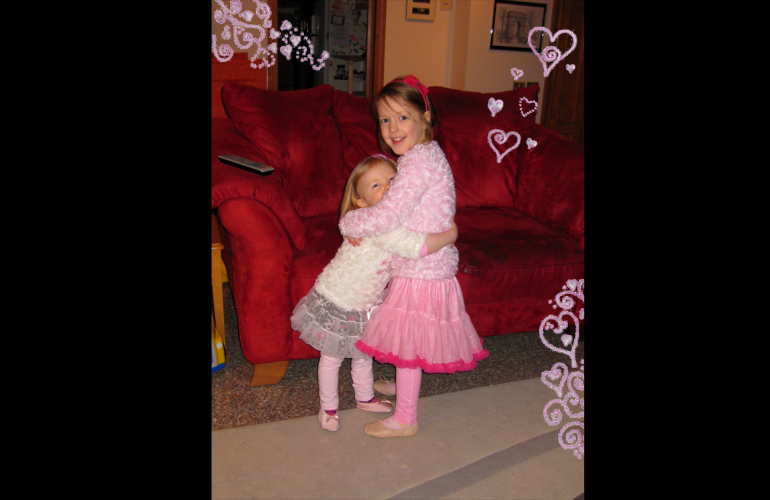Part II
(Preface here, Part I here)
From babyhood, I was expected to be perfect. (These are the 49 characteristics of perfection, if you’re interested.) Any mistake was evidence of rebellion in my heart, rebellion was “the sin of witchcraft,” and witchcraft could only be driven away through physical pain. If you’ve ever met a typical two-year-old, you can probably imagine how many hours a day were devoted to driving away my rebellion. It didn’t work, of course; I still hadn’t achieved perfection by age five, or eight, or twelve. I tried though. My eternal salvation was on the line every second of every day, and I was terrified of ending up in hell for failing to be polite enough or understand my math problems or keep my younger siblings from making messes.
We read long stretches of the Old Testament every morning with whipping implements nearby in case anyone squirmed, and I learned in a very tactile way about God’s violence. (I still can’t open the first two-thirds of my Bible without risking a panic attack.) I often had to copy down biblical passages that directly condemned me as additional punishment and then show up to church where my dad was a pastor and put on a show of saintliness. I would have hated God with every breath had I not been so scared.
I had plenty to fear: hell for myself, hell for my younger siblings, demons who could read my thoughts, a vengeful God who could read my thoughts, violence at home, ridicule outside our home, church staff who would fire my dad if we misbehaved, trick-or-treaters who would bring Satan to our own front door, policemen who would take us children away if they spotted us, doctors who would take us away if we ever went to the hospital, the government who would take us away if we got social security numbers, my body that could cause men to stumble, my emotions that betrayed my sinful nature, my mind that questioned what I was told, and my heart that was black with wickedness.
My parents were able to use scare tactics and violence to control my siblings and I unchecked for a few reasons. First, the isolation of homeschooling meant that my parents didn’t need to answer to anyone. They didn’t have to take us for medical check-ups or immunizations, they didn’t need our education levels checked, and we rarely had visitors. Our church could have posed some opposition, but with my dad being a pastor and my siblings and I looking for all the world like a row of docile ducklings, I think people tended to brush away misgivings. My parents had uncontested authority over us, especially my dad as the God-ordained head of the family, and absolute power without any checks or balances has the ability to turn even well-meaning people into monsters.
Second, the methods used on my siblings and I instilled in us a deep, unrelenting shame. Horrible things were done to us, and they were all our faults. We were vile creatures; God saw us as worms. Our needs were laughable. Our bodies belonged to our caretakers to treat as they saw fit. We were expected to submit willingly to abuse and then thank our abusers with joy; it was utterly humiliating. And because every bit of it was God’s will, we had no right to protest. We were silenced by religion, fear, and shame… and despite this, my parents never did feel like they had the control over us that God commanded of them.
(To be continued…)








